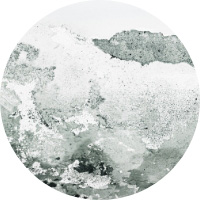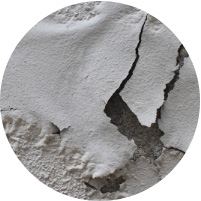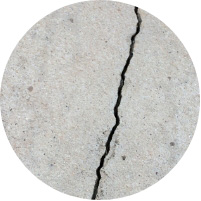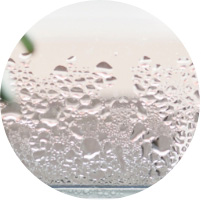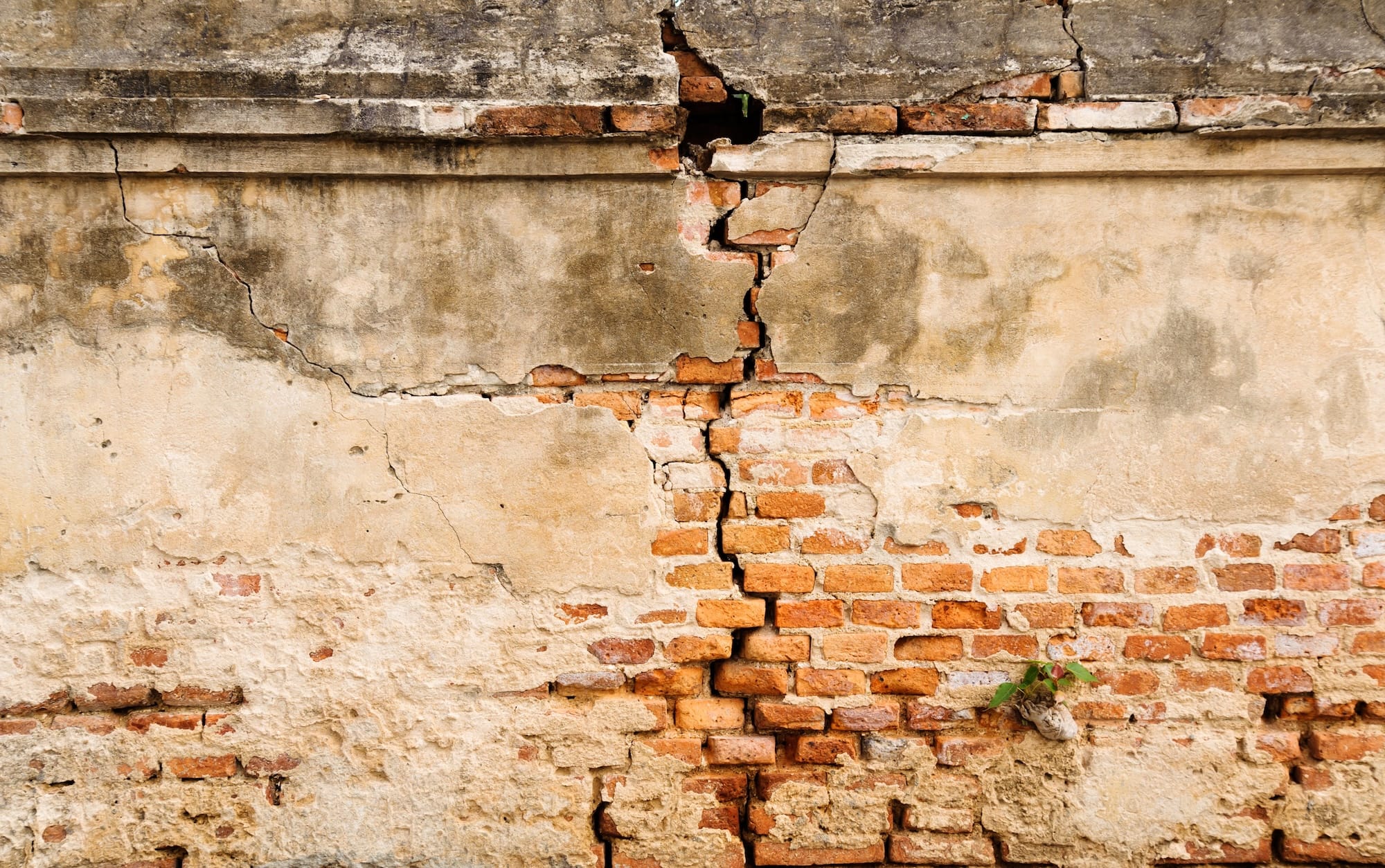
Humidity:
What are the risks for my house or apartment?
Humidity is a real scourge for your home, whether it's a house or an apartment. Its causes, such as capillary rise and infiltration, present considerable dangers to the very integrity of the building. It attacks materials and affects the structure and stability of the building, leading to major problems that are often costly to repair. Moisture not only degrades quality of life and comfort, but also increases energy consumption due to rotting insulation and the feeling of cold it generates. To preserve the durability and stability of your buildings, you need to implement preventive measures and appropriate solutions to eliminate humidity and protect building materials from the damaging effects of water, thus ensuring that your home's structures and foundations remain fragile.
The dangers of moisture in walls and foundations
Moisture can enter walls in a number of ways. One of the main mechanisms is capillary rise, a natural physical phenomenon in which water present in the soil is absorbed by porous building materials such as bricks, concrete or mortar, and then rises inside the walls. This water is loaded with mineral salts. Moisture rising in the walls leads to the gradual degradation of materials such as plaster, rendering and coatings, but also wooden elements. Eventually, this can lead to wall subsidence, deformation or a complete loss of solidity.
Another major source of moisture isinfiltration into buried walls. Water from the surrounding soil can seep laterally, especially if drainage is inadequate or the waterproofing is defective or non-existent. The hydrostatic pressure exerted by the water can then cause cracks, bursts and compromise the stability of the foundation. Dealing with these problems is crucial to prevent structural subsidence and ensure the building's longevity.
Saltpetre: the "leprosy of walls", a direct consequence of dampness
The presence of damp through capillary rise or infiltration can lead to the formation of saltpetre on walls. This phenomenon, sometimes referred to as "wall leprosy", manifests itself as whitish, powdery deposits. Mineral salts transported by water from the ground accumulate on the surface of materials when the water evaporates. These growing saltpetre crystals exert pressure on building materials, causing them to crumble. This can cause stone, brick, plaster or concrete to disintegrate. What's more, saltpetre can cause paint and wall coverings to peel off, leaving unsightly stains and musty odours that detract from the aesthetic appeal of your home. Beyond the unsightly appearance, this deterioration of materials by saltpetre further weakens the structure of the building.
How to identify a structural moisture problem?
A number of signs should alert you to a moisture problem affecting the structure of your home. The appearance of stains and mold on walls and ceilings is a common indicator. Blistering, peeling paint and peeling wallpaper are also common symptoms. Signs ofseepage and flooding, however minor, especially in cellars or basements, are serious alerts. Excessive misting and condensation on windows can also indicate high ambient humidity levels, often linked to damp walls. Finally, persistent musty or musty smells, or physical symptoms in occupants, can be linked to structural dampness.
In the face of such problems, it's essential to act quickly. As our customers emphasize: "The longer we wait, the worse the problem gets, whereas a simple intervention can put everything back in order."
The Murprotec solution: professional diagnosis and treatment
Murprotec offers you a free, comprehensive diagnosis to assess the condition of your building. Our experts will come to your premises to carry out an in-depth visit and a complete assessment of the damp-related problems, and provide you with a detailed report and a proposal for an immediate, accurate quotation. Our intervention is guaranteed, thanks to our high-performance damp-proofing treatments. We use our own products from our own factories, ensuring a direct circuit and a unique guarantee of the effectiveness of the solutions implemented. Follow-up is also included, with a check-up on average 18 months after the work has been completed, and our treatments come with a guarantee of up to 30 years.
 The signs
The signs
 The consequences
The consequences
 Humidity in the home
Humidity in the home
 The causes
The causes
 Solutions
Solutions





 Our branches
Our branches

